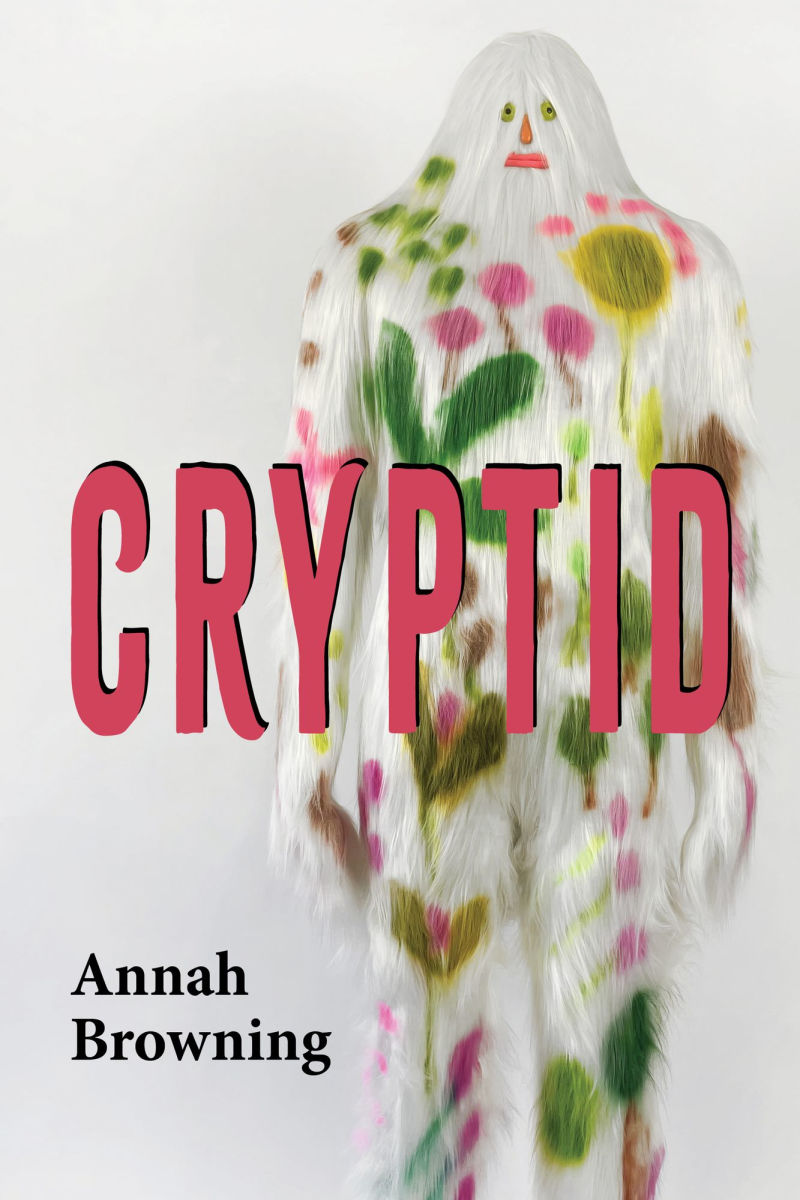We've long been fortunate to have outstanding students come through The MFA Program at Washington University, and we're very proud of how much our MFA alumni have gone on to accomplish since graduating. In terms of publications and awards, just since 2008, our graduates have won both the highest national honor for a first book of fiction (the 2009 PEN/Hemingway Award) and one of the top national awards for a story collection (the 2009 Drue Heinz Literature Prize); in poetry, their full-length book manuscripts have won the 2009 FIELD Poetry Prize, the Many Voices Project (MVP) Competition, the 2011 Les Figues NOS Book Contest, the 2012 New Issues Poetry Prize, and a 2013 Brittingham Prize. One was also named one of Publisher Weekly's Five Best Poetry Books of 2008.
We're proud to offer this list of news and accomplishments, which will be regularly updated. However, we're sure the list is incomplete. We have little news from anyone who graduated before 1996, and we're certain there is plenty that we're not aware of concerning more recent graduates as well. We need your help. If you came through the MFA program, please write to let us know what you have pursued since graduating, whether it has to do with your writing or not. And for those already on this list, please do continue to update us.



















































































